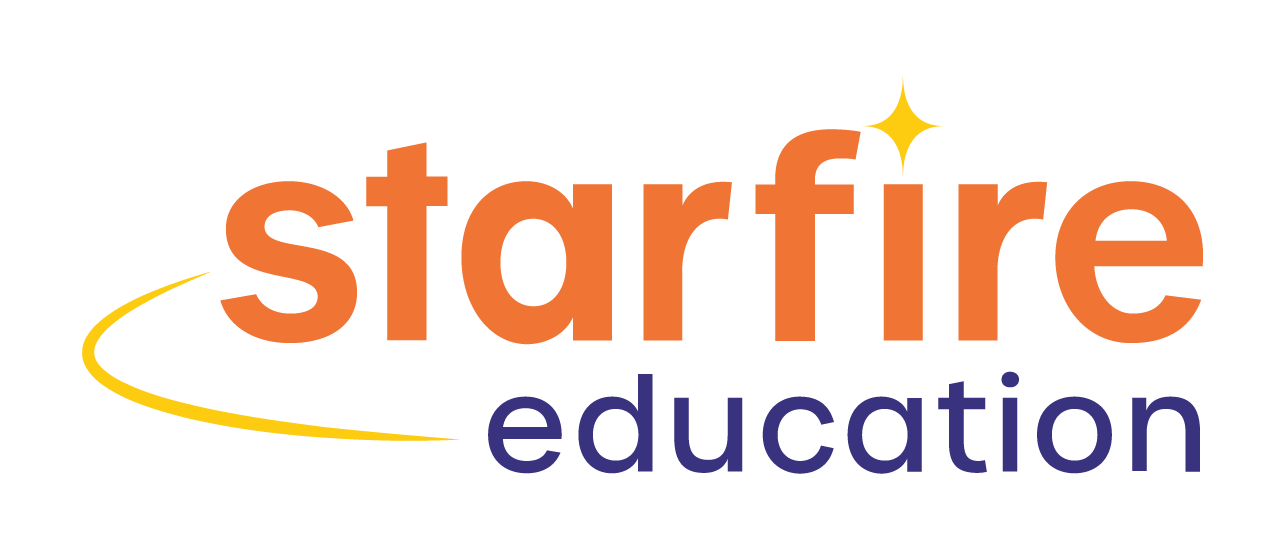COMPUTATIONAL THINKING
GIve your child the skills and the passion to tackle problems with innovation and perseverance with Starfire’s Computational Thinking class.
Computational Thinking (CT) is an approach to solving complex, open-ended problems, such as the spread of diseases, understanding climate change, and mapping the human genome. Computational Thinking is a prerequisite skill for understanding the technologies, challenges and opportunities of the future.
While CT requires understanding the capabilities of computers, Computational Thinking is not the same as programming or learning how to code. CT is a systematic thought process, rather than a specific body of knowledge.
Starfire teaches the four cornerstones of Computational Thinking: decomposition, pattern recognition, abstraction, and algorithms.
Decomposition invites students to break down complex problems into smaller, simpler problems.
Pattern recognition guides students to make connections between similar problems and experience.
Abstraction invites students to identify important information while ignoring unrelated or irrelevant details.
Lastly, students use algorithms when they design simple steps to solve problems.
Computational Thinking skills are important to many disciplines and careers and can be used to support student success across all disciplines including science, technology, engineering, math and the humanities.
“In order to take advantage of what computation makes possible, we need to learn how to formulate and structure what we want the computer to do”
